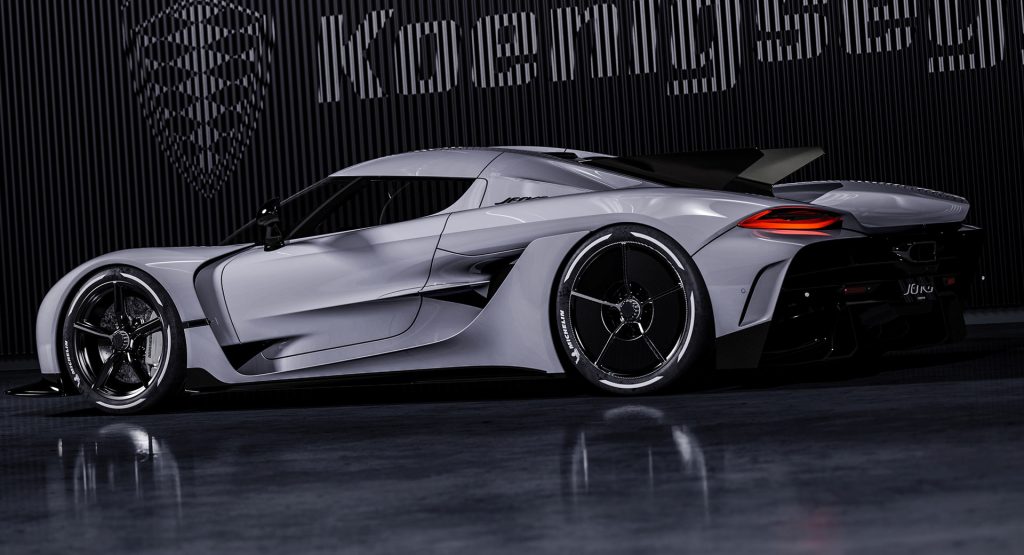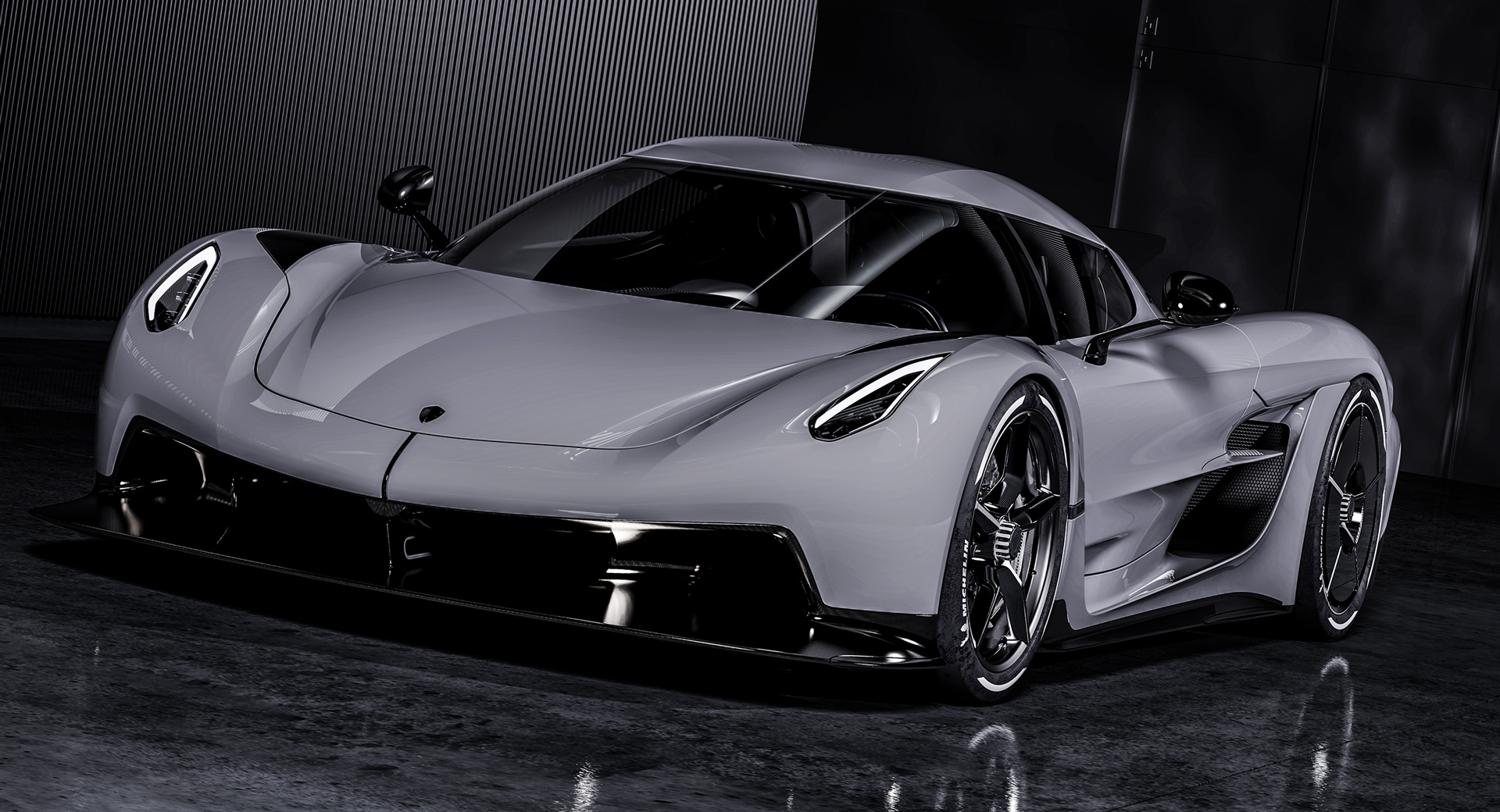The Koenigsegg Jesko Absolut is all about insane speeds but just how fast will it go in a straight-line? Eager to find out, Jason from Engineering Explained crunched the numbers to see what the Swedish hypercar is theoretically capable of.
In this video, the YouTuber puts his math skills to the test and takes into consideration things such as the car’s horsepower rating, it’s rear-wheel drive layout and flywheel-less transmission, light overall weight, slippery drag coefficient, and more.
The current production car top speed record is held by the Bugatti Chiron Super Sport 300+ that hit 304.77 mph (490.848 km/h) last year. That car has 1,600 hp like the Jesko but weighs roughly 605 kg (1,338 lbs) more than the Koenigsegg and has a drag co-efficient that’s 30 per cent higher than the Jesko Absolut.
After running some calculations, Jason lands at a possible 331 mph (533 km/h) top speed. As it turns out, that figure looks to be right on the money.
During a recent interview with Road & Track, Christian von Koenigsegg revealed that the marque’s own numbers suggest 330 mph (532 km/h) could be achievable.
“If you run the numbers, you take the frontal area, the cd, the power, the gear ratio, the power curve… the simulations say 532 km/h (330 mph), or something like that,” he revealed. “It’s of course a theoretical number, but that’s what simulation tells us. We don’t really have ambition to drive that fast. The end result will be location, driver willingness, and car’s capability. But theoretically, it looks extremely fast.”
Read More: New Jesko Absolut Is And Will Remain The Fastest Koenigsegg Ever Made
Interestingly, Koenigsegg doesn’t believe it will encounter tire issues at such speeds, revealing the tires used by the once record-holding Agera RS were tested at 330 mph for a minute without any issues.
It remains to be seen where Koenigsegg could look to set its new top speed record but it won’t be on the same section of Nevada highway used for the Agera RS’s 277 mph run in 2017 as it isn’t quite smooth enough.




